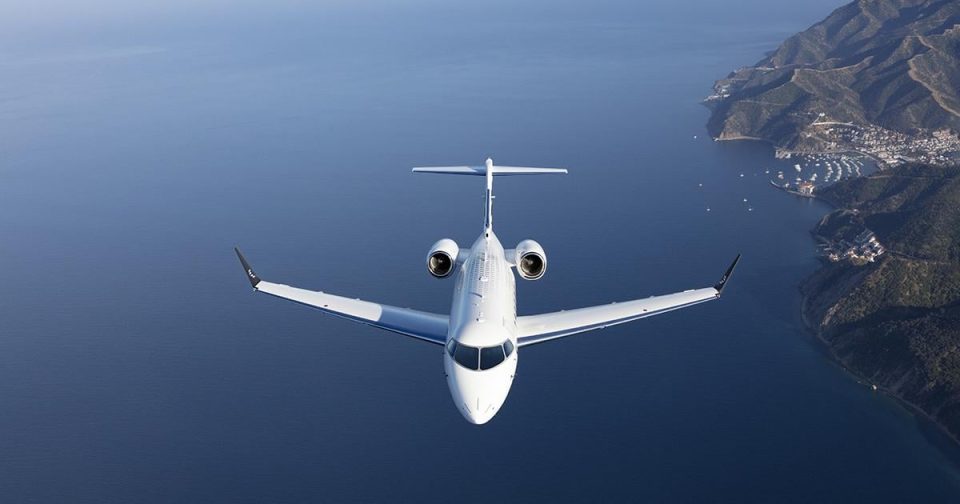The aviation industry is facing a significant challenge as new tariffs imposed by the U.S. government begin to take effect. These tariffs, which include a 25% duty on imports from Mexico and Canada and a 10% tariff on goods from China, are poised to disrupt the complex supply chains that aircraft manufacturers rely on. The impact on the cost of airplanes could be substantial, with potential price increases affecting both manufacturers and consumers.
Aircraft manufacturing involves a vast network of suppliers from around the world. A single commercial aircraft can require millions of individual parts, sourced from thousands of suppliers. Major manufacturers like Boeing and Airbus depend heavily on international facilities for subassembly production, including components such as engines, electronics, and landing gear systems. The reliance on global suppliers means that tariffs can have a ripple effect throughout the industry.
Electronics systems account for a significant portion of an aircraft’s cost, estimated to be between 20% and 30% of the total expense. With a substantial share of these components sourced from countries affected by the tariffs, manufacturers face increased costs. The tariffs on Chinese goods, in particular, could lead to a single-digit percentage increase in the absolute cost of an airplane, primarily due to the high reliance on Chinese electronics.
Beyond electronics, other critical components like engines, ice protection systems, and environmental control systems also rely on international suppliers. Rolls-Royce engines, for example, have subassembly manufacturers in Canada, which could see a premium on imports due to the tariffs. This widespread impact on various components underscores the complexity of managing supply chains under these conditions.
The aviation industry is taking a cautious approach as it assesses the potential cost increases and logistical challenges posed by the tariffs. Some defense contractors have already begun to reduce their reliance on certain markets, but extending tariffs to additional countries could force costly supply chain adjustments. Manufacturers are weighing their options, including relocating production facilities or passing increased costs along to customers.
Aircraft lessors are also concerned about the inflationary impact of tariffs, which could lead to higher interest rates and affect the long-term viability of their investments. During previous tariff implementations, lessors and airlines delayed deliveries of Airbus aircraft destined for U.S. carriers, highlighting the potential for short-term disruptions in the market.
As the global trade landscape continues to evolve, the long-term implications of these tariffs remain uncertain. The threat of retaliatory tariffs from affected countries adds another layer of complexity, making it difficult for manufacturers to plan for the future. While some companies may explore alternative suppliers or absorb higher costs, others might consider relocating production to mitigate the impact of tariffs.
Airbus and Boeing are both positioned to navigate these challenges. However, the tariffs could lead to increased costs for both companies, potentially affecting their bottom line and stock performance.
The tariffs imposed on imports from key countries are set to have a profound impact on the aviation industry, particularly in terms of aircraft pricing. As manufacturers and suppliers adapt to these changes, the industry will likely see increased costs and potential shifts in supply chain strategies. Whether these changes lead to significant price hikes for airplanes remains to be seen, but one thing is certain: the tariffs have introduced a new level of uncertainty into the complex world of aircraft manufacturing.

